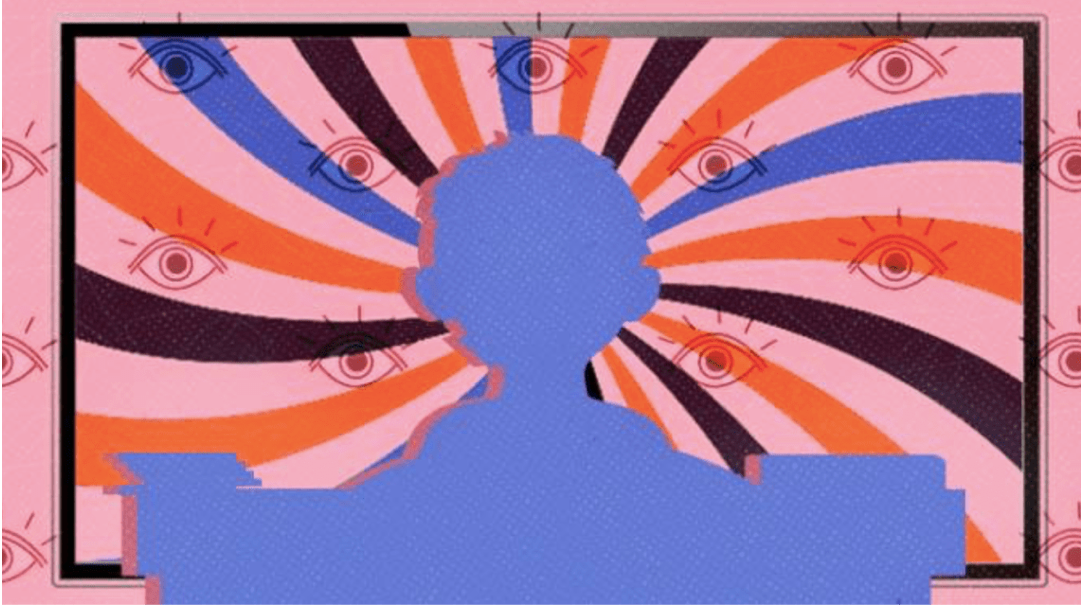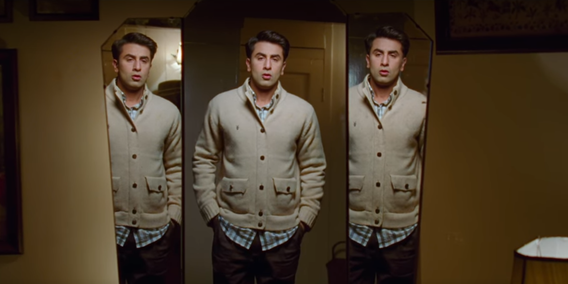“It was so bad that I couldn’t stop watching it”, Anita exclaimed as we chatted over our Netflix binge, The Fabulous Lives of Bollywood Wives. I’m guilty of watching shows that I dislike, it feels almost like I’m stuck to it like a toxic relationship, I want to walk away but cannot. It’s like when Bhavna went for an energy facelift, I found it ridiculous, but couldn’t help but sit through the entire episode.
Despite the limitless options available on Netflix, Amazon and other streaming services I still find myself sucked in the rabbit hole of bad shows. What makes the bad so appealing? Are we all just closet masochists?
According to media communicator expert Paul Levinson, it just makes us human. Any show that brings about a strong emotional reaction is likely to have us hooked, regardless if we hate or love it, if we feel strongly about it we are going to binge watch it. Levinson says, “Once our emotions are unleashed, whether it’s because we’re very attracted to something or very repelled by something, if we feel strongly enough about it, we want to know more,” He gives the example of President Trump to further his point: Even if you hate him, you can’t seem to look away.
Even though Neelam’s accent in the show seemed unbearable or Maheep’s curse words outrageous, and the pandering by all 4 women to Karan Johar felt like a rip off of Charlie’s Angels it was hard to step away from. I had already invested time in the show, a whole 2 episodes by then, and moving to the homescreen with endless options seemed tiring. Research suggests that one finds harder to step away from something that they have invested in already, a lot like gambler on the table who doesn’t know when to quit or when a partner continues to be hopeful in a relationship despite the red flags.
However, facing my own reality of options that ranged from reading research studies, organizing my closet or worse, doing nothing on a Saturday night made the bad binge exceptionally appealing. Atkin’s study notes that “When there are no good options about what to do, people tend to sort of default to the least objectionable decision”.
However, what makes it most difficult to peel away from binge watching is Netflix’s autoplay that gives us a whole 15seconds to decide if we want to commit to the next episode or not. This is definitely insufficient time for my brain to decide.
This in turn further feeds activating the part of our brain responsible for producing dopamine and making us feel good. Gradually our brains produce less dopamine from the same level of activity as we build up a level of tolerance. It takes more of the same activity to give us that same feeling of enjoyment, making binge-watching that much harder to stop
The truth is, we are not craving the show but the feeling of pleasure that we get from watching episode after episode.
Meet the Author








